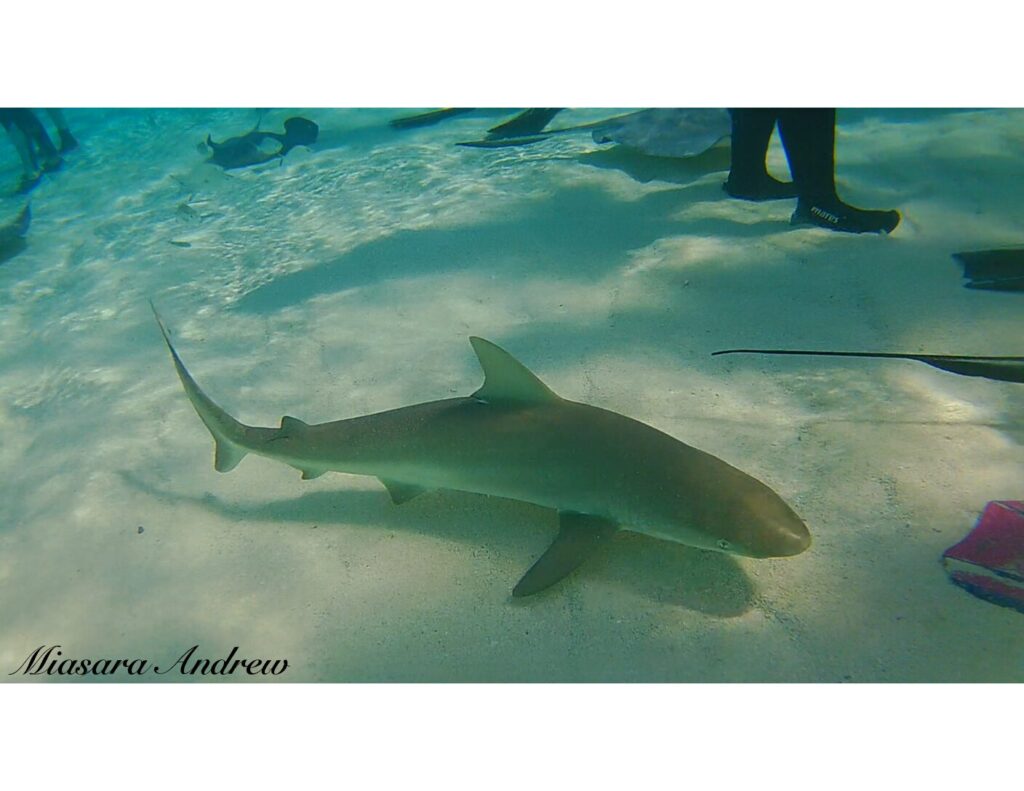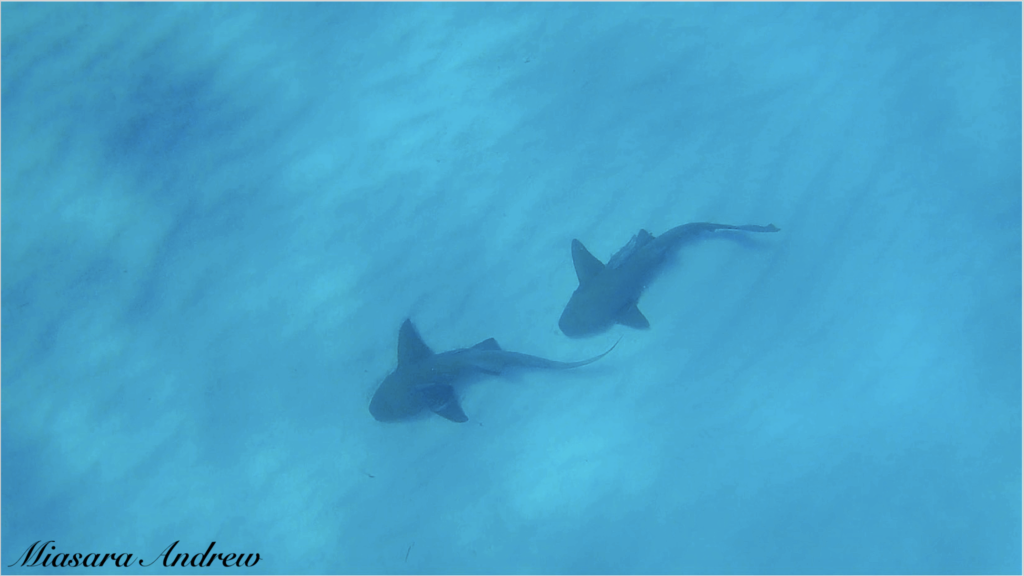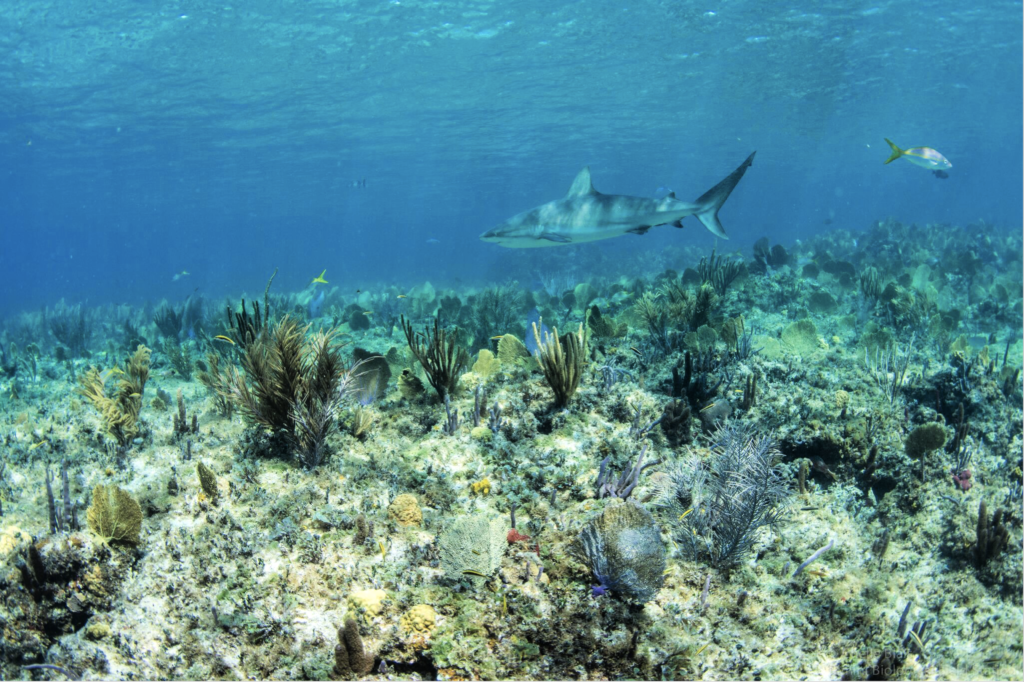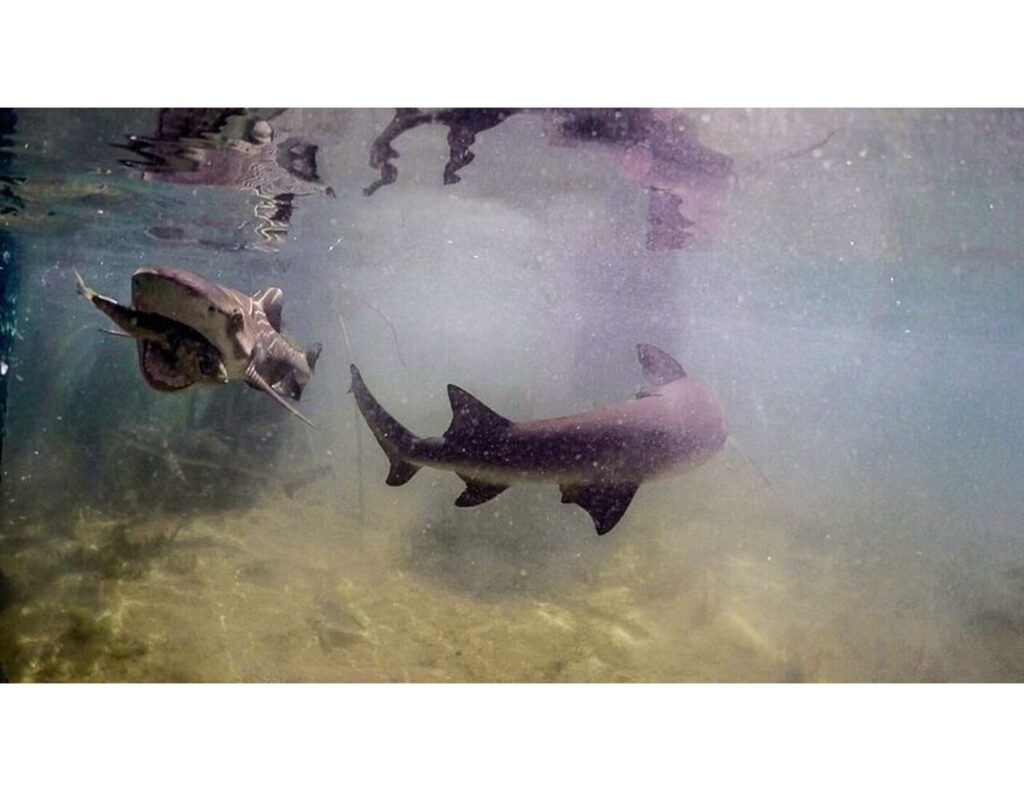Sharks have been around for over 400 million years, lived longer than dinosaurs, and survived 5 major extinctions. They keep our planet healthy and are extremely vital for the ocean.
For years society has given sharks a dangerous man-eating title based on shark movies and exaggerated news. But in reality, the world should be fearing a world without sharks.
Sharks are an apex predator in the ocean and have endless essential roles.
But not only are sharks vital for the ocean, they are also vital for us.

Why should we care if sharks disappear?
When you tell people that 150 million sharks are killed a year, most don’t care because they think it won’t affect their lives.
Whether you’re afraid of sharks, you love sharks, or you’re neutral towards them, saving sharks should be important to you. Regardless if they mean something to you or not, you can’t live without them, and they are critical for our survival.
Believe it or not, if sharks disappear from our oceans we are tampering with our survival.
Here are some of the essential roles of sharks and how critical sharks are for our survival.

They keep the food chain balanced
Sharks feed on the animals below them on the food web. They help regulate and maintain the balance of marine ecosystems and control the populations of animals.
If sharks disappear, there will be an increase in mesopredators (mid-ranking predators in the middle of the food chain). An increase in mesopredators will destroy fish populations.
For example, in the North Atlantic, shark populations declined which increased the population of cownose stingrays. These hungry rays migrated up and down the coast consuming and removing scallops, clams, and oysters. Without these scallops, fisheries were forced to close. This demonstrates what the elimination of sharks would do if the population decreased all over the world.
If you’re a seafood lover, having sharks in the oceans will greatly benefit you.

Sharks are the doctors of the ocean
Sharks serve as an indicator of ocean health. They remove the sick, diseased, and dead from the ocean to allow for balance and health. They can sense the sick and weak marine life and feed on them, leaving the strong and healthy animals to breed.
Most shark species are scavengers and clean up after the dead and decaying animals keeping the oceans clean.
This is important for people who live near or depend on the ocean, for reasons such as recreation, travel, and food. Sharks help keep the marine ecosystem healthy and we benefit from the ecosystem services they provide.

More oxygen
The ocean provides more oxygen than trees, and all of the rainforests combined. 50%-80% of oxygen production comes from the ocean. The disappearance of sharks will lead to a dirty and unhealthy ocean, leading to less oxygen.
Sharks keep the carbon cycle in motion
Sharks keep the carbon cycle moving. Dead matter on the seafloor absorbs a lot of carbon. By feeding on the dead matter on the seafloor, sharks help move carbon through the ocean.
Sharks can hold large amounts of carbon in their bodies. By decreasing shark populations, we are reducing the capacity to store carbon by millions of tons. This means more carbon in the atmosphere increasing and accelerating global warming.

Maintain healthy reefs
Sharks help maintain healthy coral reefs. Reefs have increasingly been dying because of climate change.
Sharks provide important services to reefs like nutrient cycling, removing invasive species, and removing the weak fish that are carrying diseases.
For the ocean, coral reefs provide shelter, breeding grounds, nurseries, and food for many fish and other marine life. For humans, coral reefs help protect coastal communities and infrastructure from the impacts of wave actions and storms. Without protection from sharks, coral reefs will continue to die, but much faster, and coastal communities and infrastructure will be destroyed.

Nutrient cycling
Sharks are not always in one location for their entire lives and many species of sharks take long migrations. Shark migrations help transfer nutrients to different parts of the ocean. This is very beneficial for the ocean and coral reefs.

Sharks have been around for longer than we have and it’s selfish for us to come in and kill them out. The loss of sharks in our oceans can lead to unpredictable consequences including the collapse of fisheries, and loss of corals and other marine habitats.
